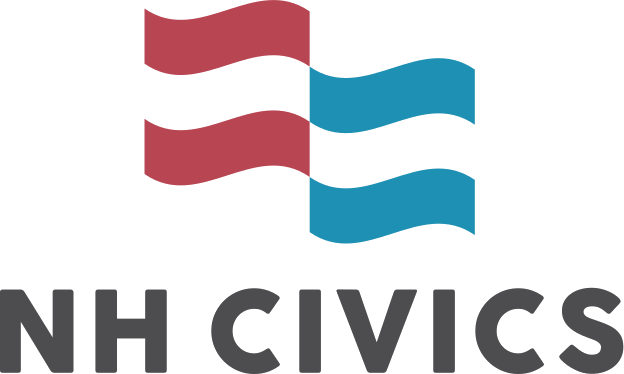Privacy and the Fourth Amendment – Virtual
Goals:
Students will be able to analyze how the constitutional right of privacy and the definition of search and seizure have evolved over time.
Students will understand that:
- The U.S. Supreme Court is the supreme authority over the meaning of the U.S. Constitution and can change its interpretation of the Constitution over time.
- The U.S. Supreme Court has recognized the right of privacy as an implicit right contained within the Bill of Rights.
- While a general right of privacy has been recognized since colonial times, the meaning of the right of privacy has changed over time.
- Technological advancements have caused the Supreme Court to reevaluate the meaning of a search under the Fourth Amendment.
- Changing interpretations of the Constitution allow it to keep up with the times.
Essential Questions:
- Why is the Supreme Court permitted to change its interpretation of the U.S. Constitution?
- What is the difference between an explicit and an implicit legal right?
- How and why has the meaning of the right of privacy changed over time?
- Why has the Supreme Court periodically reevaluated the meaning of a search under the Fourth Amendment?
- How does the Constitution keep up with the times?
Students will know:
- Important terms regarding the right of privacy and searches under the Fourth Amendment.
- Key facts about the changing interpretation of the right of privacy and more specifically the Fourth Amendment.
- Key Supreme Court cases on the right of privacy and more specifically on the Fourth Amendment.
Students will be able to:
- Recognize, define, and use right of privacy and Fourth Amendment vocabulary in context.
- Research Supreme Court cases and recent news on the right of privacy and the Fourth Amendment to add depth to their understanding of its development over time.
- Express their learning orally during class discussions and in writing.
- Collaborate successfully with their peers to improve and express their learning.
Learning Activities:
In these activities students will explore the meaning of privacy and the development of the constitutional right of privacy over time.
“A large portion of my day is spent on video calls helping parents to teach their kids the right material. Because of all that I’m constantly looking for great online resources to share with the parents of the kids I work with and I came across your NH Civics page while looking up social studies resources. It’s been a great help and had a lot of great sites I could send the kids and their parents to for some extra material to work with. Just thought I should reach out and thank you for putting it all together!”
Looking for more information?
Please contact us with any questions you may have about any of our programs or would like additional information.
